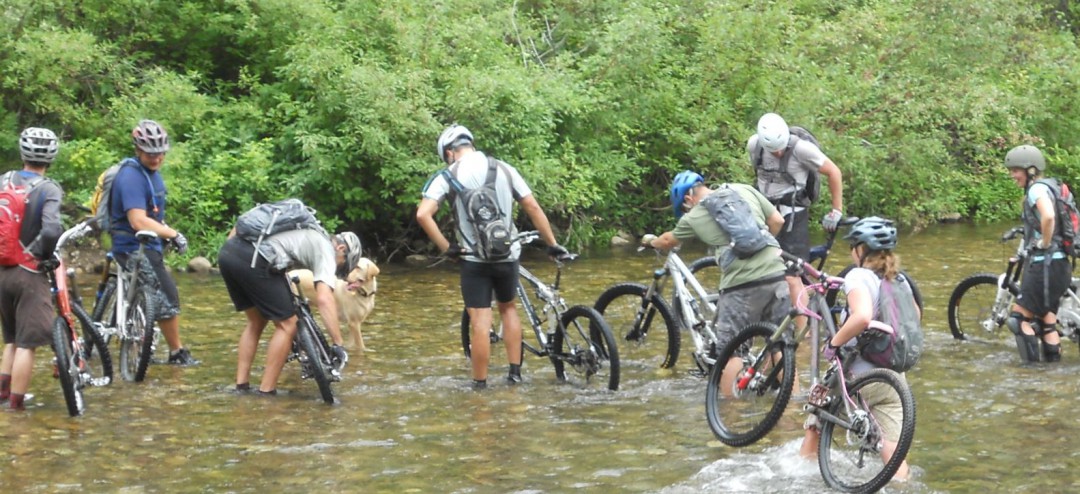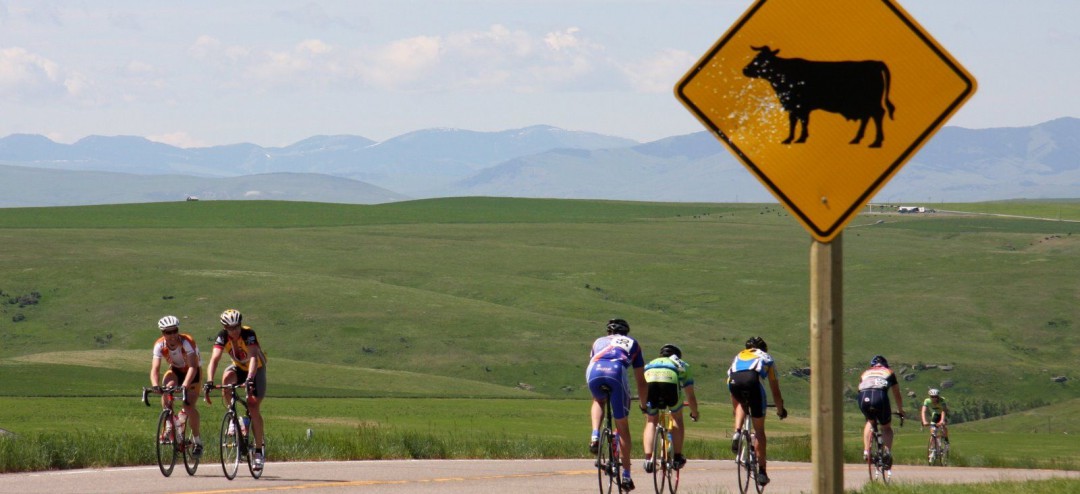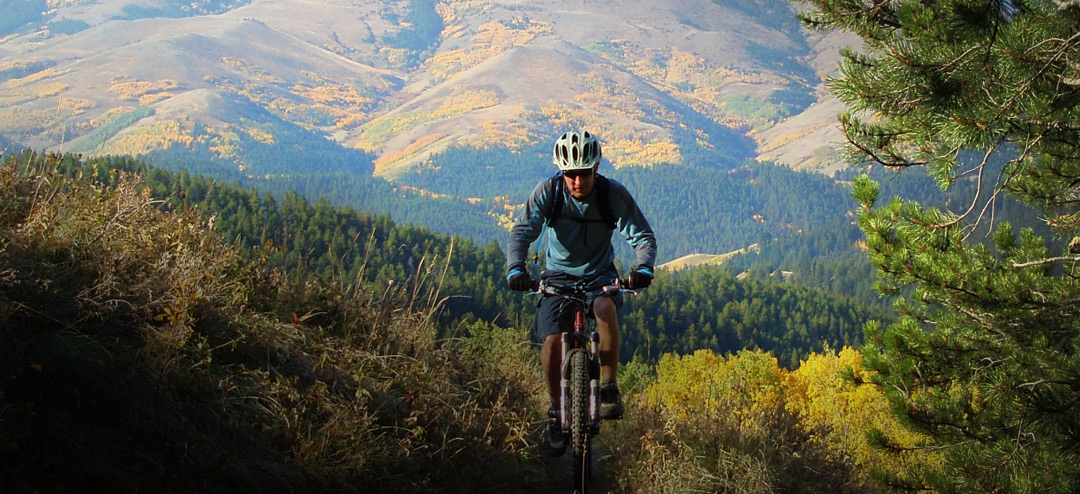It’s inevitable. There will be bikes in wilderness.
Opinion March 29, 2016
It hasn’t happened yet, but one day, bicycles and baby strollers will be welcome in wilderness. That’s the goal of the nonprofit Sustainable Trails Coalition, which seeks to permit other forms of human-powered trail travel in wilderness areas, besides just walking.
Congress never prohibited biking or pushing a baby carriage. Both are banned by outmoded decisions that federal agencies made in the 1970s and 1980s. Over time, those decisions became frozen into place by lethargy and inertia.
It is true that the Wilderness Act forbids “mechanical transport.” By this, however, Congress meant people being moved around by machines, not people moving themselves with mechanical assistance. Now that wilderness acreage is larger than California and Maryland combined – vastly larger than when the walk-only rules were imposed – there is a pressing need to restore Congress’ original vision.
In 1977, renowned conservationists Sen. Frank Church of Idaho and Arizona Rep. Morris Udall explained what they thought Congress’ intentions were. Church said, “Agencies are applying provisions of the Wilderness Act too strictly and thus misconstruing the intent of Congress as to how these areas should be managed.” Udall warned against “stringent ‘purity’ criteria” that have “led to public opposition to wilderness proposals based on what is, and what is not, perceived to be … permissible in wilderness areas. …” As early as 1964, some Forest Service staff wanted to ban even rowboats.
The Sustainable Trails Coalition’s proposal is modest. It would not permit mountain biking or walking with a baby stroller everywhere. Instead, local land managers would be given the discretion to allow forms of human-powered travel where they believe it’s appropriate. The United States has 765 wilderness areas, each one managed by officials who know the terrain.
Opposition to the coalition’s proposed bill apparently rests partly on unjustified fears that federal employees can’t manage their land. Another argument is that where bicycles go, motorcycles and ATVs will soon follow. But members of the coalition have talked with staffers at many congressional offices, and none of them show any interest in using our proposed bill as a stalking-horse for motorized uses that, unlike bicycles, have never been allowed in wilderness.
We suspect that our opponents’ real fear is not that reform will fail, but that it will succeed. If we cease limiting wilderness travel to methods available in biblical times and thereby achieve better-managed wilderness – with more volunteers maintaining trails and cycling visits that keep trails accessible to everyone – the previous cries of “wolf” will look foolish.
Some opponents accuse us of being pawns of giant bicycle companies with large cash reserves and a thirst to get bicycles back into wilderness. But the coalition is a grassroots effort, funded by individuals and a few small businesses.
Opponents of biking in wilderness are like pen-and-ink types opposing manual typewriters. It might be comical if the effects weren’t so grave, disconnecting more people from the outdoors and increasing their indifference to conservation.
Some people also worry that bicycles would “shrink” wilderness, and argue that we already have enough places to ride. But backpacking technology allows for more invasive intrusions into wilderness than bicycles. Most bicyclists leave the wilderness at dusk and don’t camp.
As for the call for us to “go somewhere else,” we would never patronize these critics by saying they’re not welcome in wilderness unless they travel by bicycle. We prefer to bicycle, but we don’t insist that everyone else has to ride. Bicycling is clean, environmentally benign, and has that wonderful quality of “flow,” which the human psyche rejoices in experiencing. Mountain biking may be richer in flow than any other recreational endeavor — that’s one reason so many of us prize it.
There’s a grim backdrop to the struggle over wilderness that this quarrel only worsens. In the 52 years since Congress passed the Wilderness Act of 1964, national forest wilderness has fallen victim to a number of contradictions that have warped the original vision. Some areas are overrun and loved to death, like the Maroon Bells in Colorado. Others are no longer managed and seldom visited, and marijuana growers reportedly have filled the vacuum, as in California’s Yolla Bolly. Still others, including the Pasayten in Washington, are despoiled by pack outfitters, whose abuses are ignored by many wilderness activists and the government.
Fixing these problems will take a generation, lots of money, and new leadership. Cyclists can’t do it alone, but we can help, if we’re accepted as partners, not treated as interlopers into the wilderness private club.
The Sustainable Trails Coalition loves wilderness and thinks Congress got the law right in 1964. Now, we seek restoration of the original vision. There is nothing to fear about granting federal employees the discretionary authority the coalition proposes.
Related Posts










